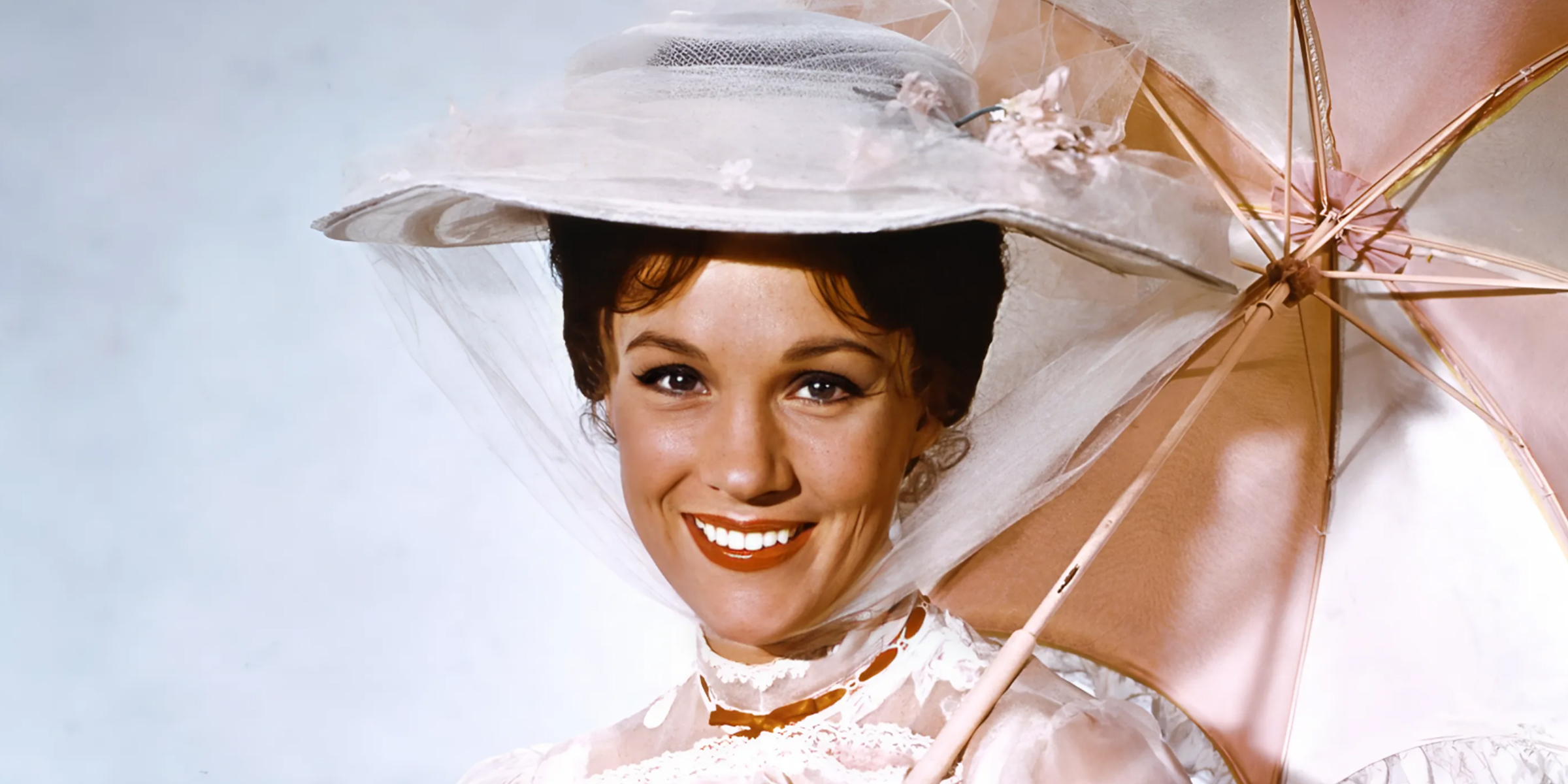
Tony Awards Scandals: Celebrities Who Rejected Award & Were Banned
- The Tony Awards have seen many controversies, but few compare to the dramatic withdrawals and bans that have rocked Broadway.
- From Julie Andrews's shocking rejection to bold stands and bans, these Tony Awards incidents have left lasting impacts.
The Tony Awards, a key part of Broadway, celebrates great achievements in theater. Yet, behind the glamour, the ceremony has faced many controversies. These include a Pulitzer Prize winner being excluded and Julie Andrews, along with other actors, rejecting their nominations.
Another issue is the debate over modernizing performance categories divided by gender. Explore the dramatic moments that have shaped the Tony Awards and meet the celebrities who turned their backs on this honor.
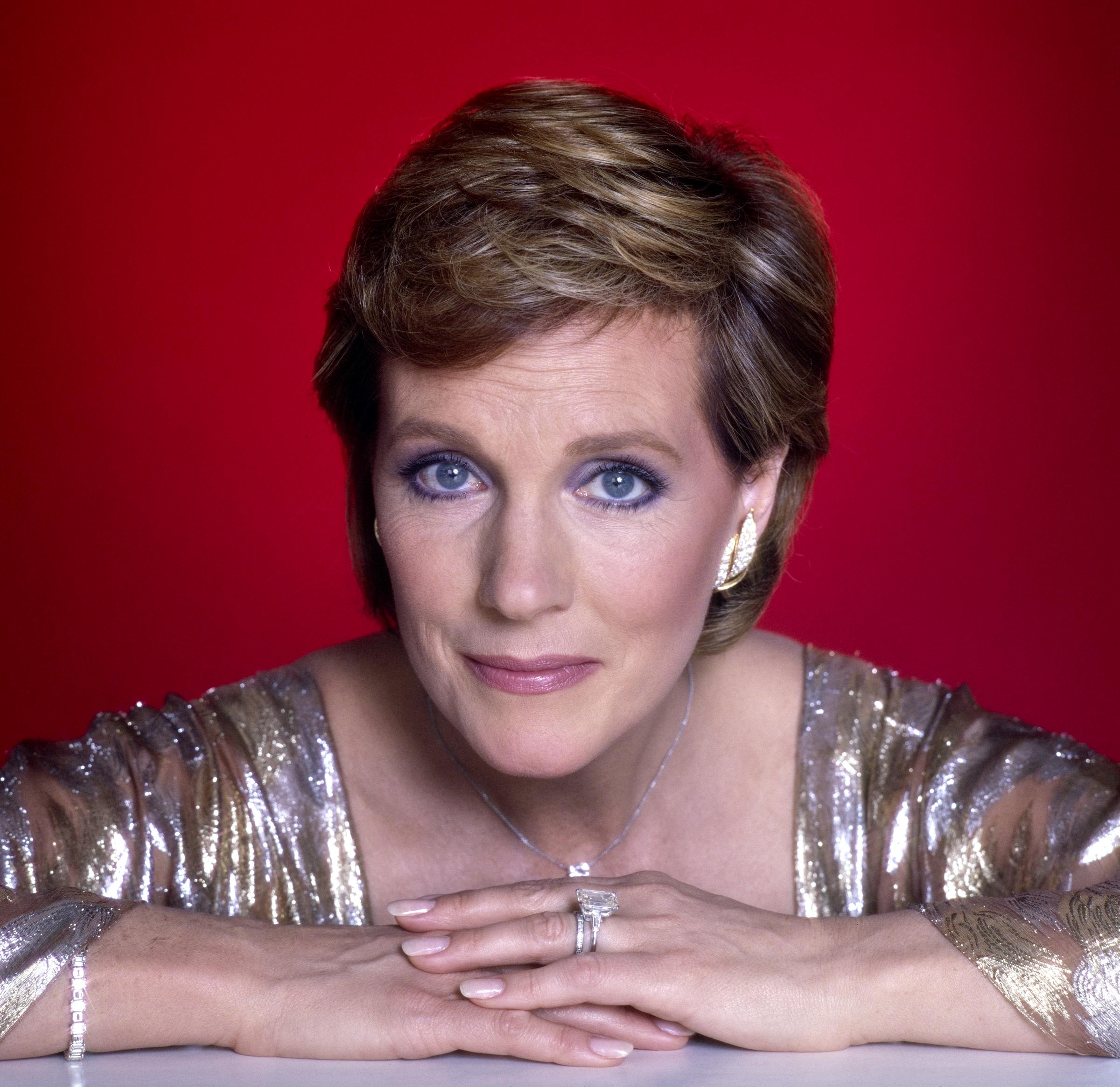
Julie Andrews, co-host and presenter of The 38th Annual Tony Awards, on June 3, 1984. | Source: Getty Images
Brave Challengers of the System
In the history of the Tony Awards, there have been notable instances where actors attempted to withdraw from consideration. Each of these cases highlighted different aspects of the nomination process.
In 1969, William Daniels, acclaimed for his role in the musical "1776," made a bold request to have his name withdrawn from the Tony nominations. Daniels, who played John Adams, was nominated in the supporting actor category. However, he felt this decision did not reflect his leading role in the production.
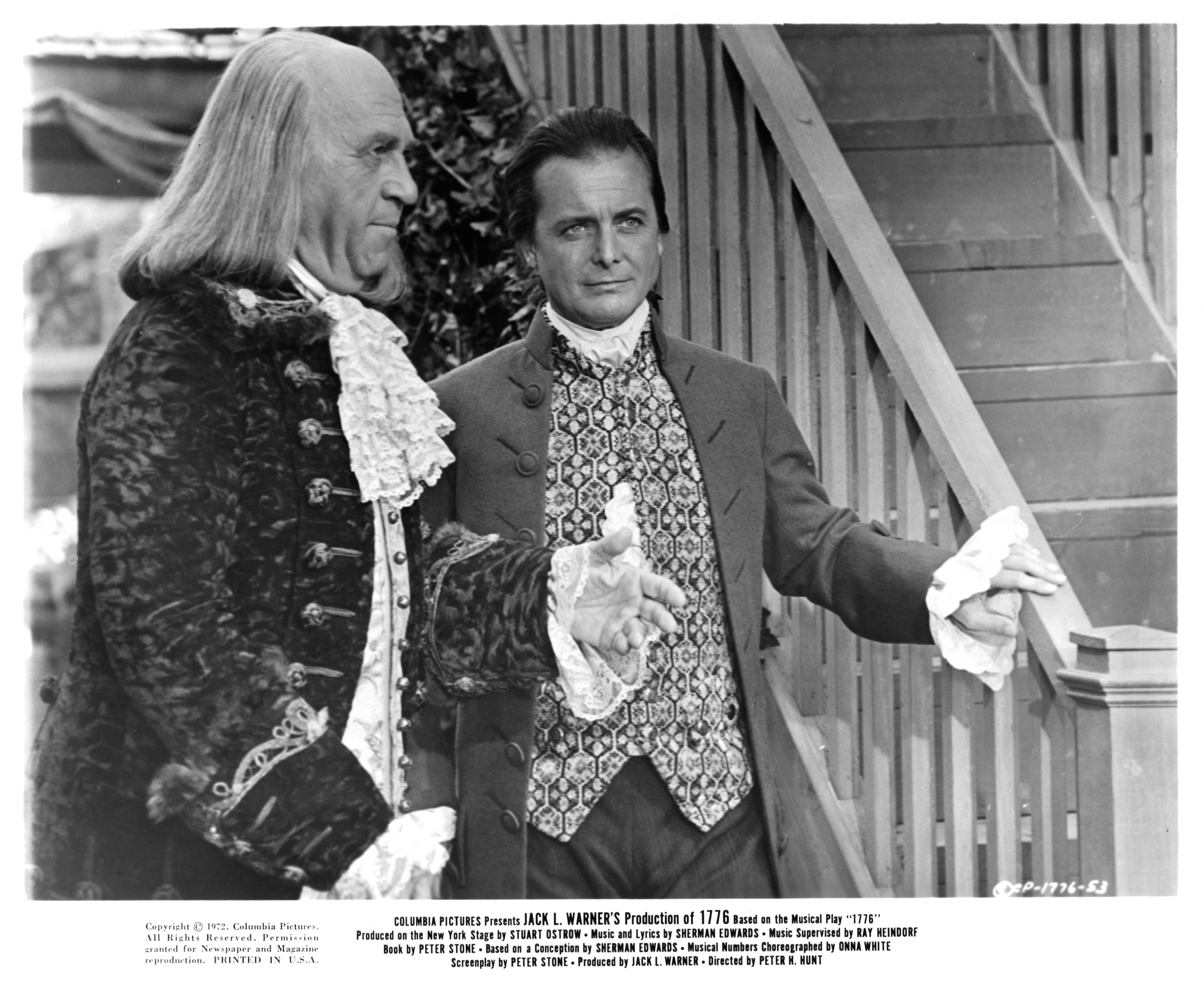
Howard Da Silva and William Daniels on set of "1776," circa 1972. | Source: Getty Images
In a move that resonated with his principles, Daniels asked to be removed from the ballot. The Tony officials honored his request. They set a precedent for respecting the actor's viewpoint on category placement.
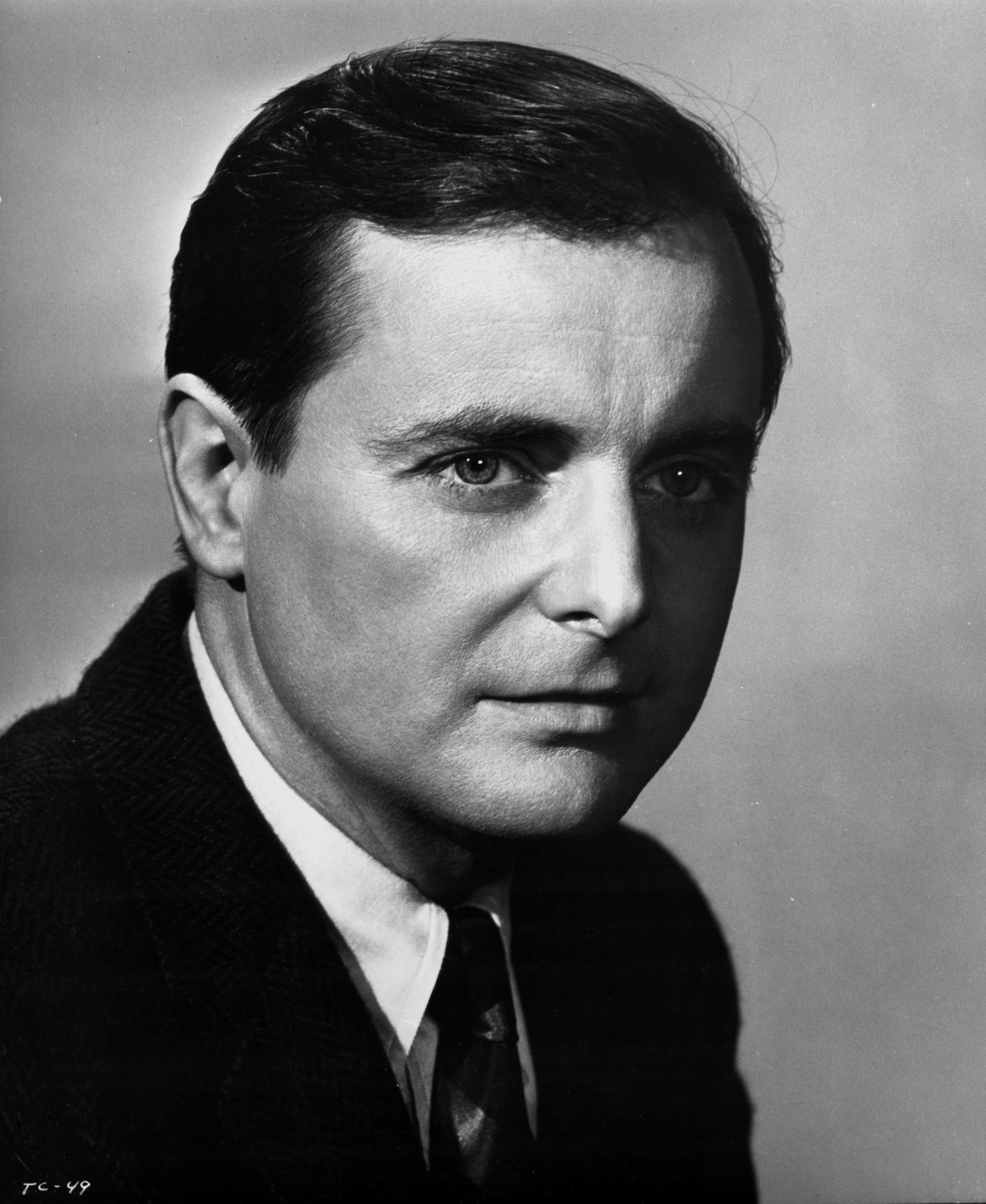
William Daniels, circa 1965. | Source: Getty Images
Five years later, in 1974, a similar scenario unfolded with Douglas Turner Ward. Ward was nominated as a featured actor for his performance in "The River Niger." However, like Daniels, the actor felt misclassified in the supporting role category. Thus, he sought to have his name withdrawn.
However, this time, the outcome was different. Despite Ward's request, the Tony Awards committee decided to keep his name on the ballot. Unlike Daniels, Ward did not succeed in having his nomination removed. He ultimately did not win the award.
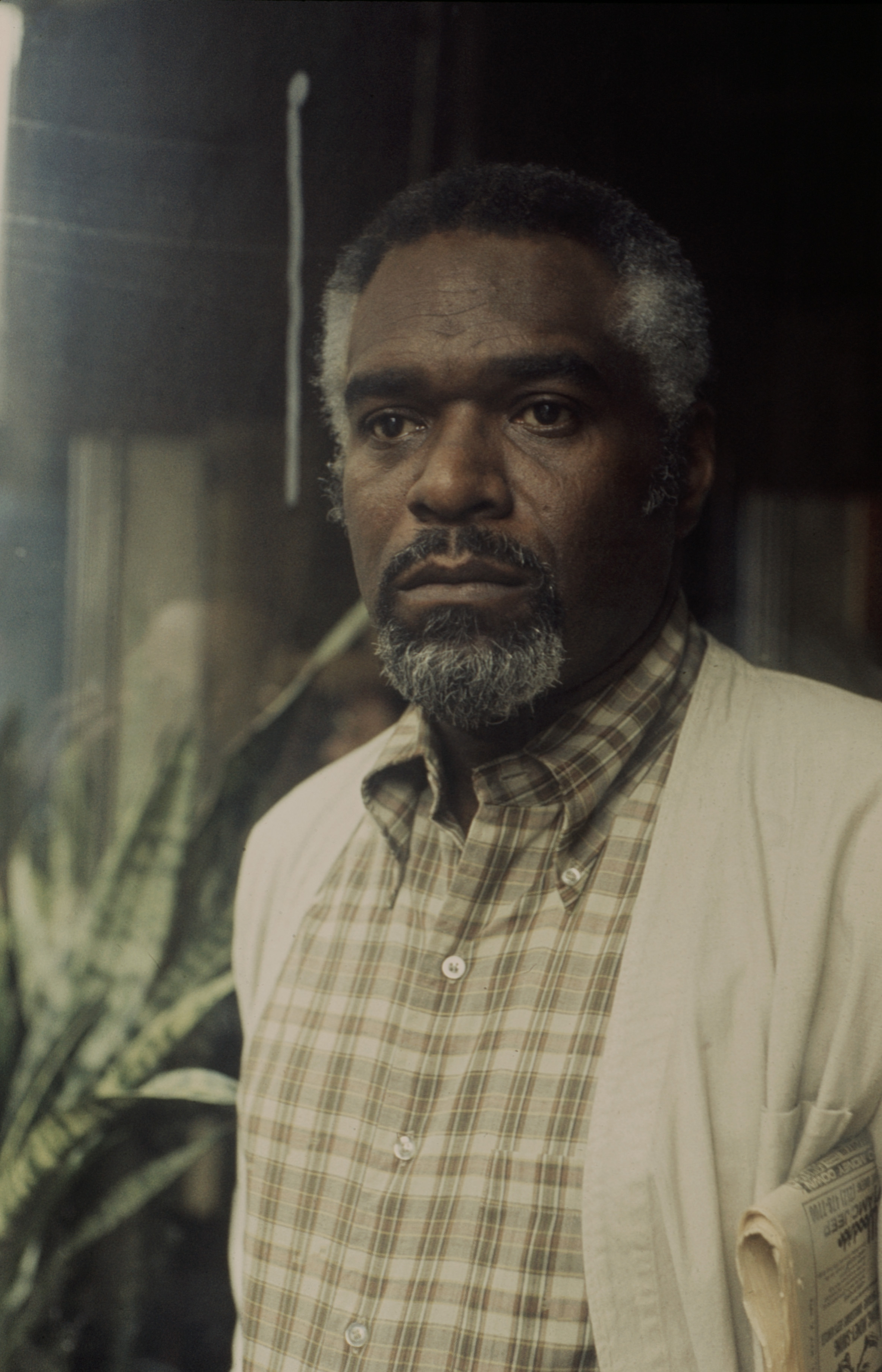
Douglas Turner Ward on the set of "Ceremonies in Dark Old Men," circa 1975. | Source: Getty Images
The differing outcomes of these two cases remain a point of curiosity and discussion among Tony officials and the theater community. Sherman acknowledged the lack of a clear explanation for why Daniels' request was granted while Ward's was not.
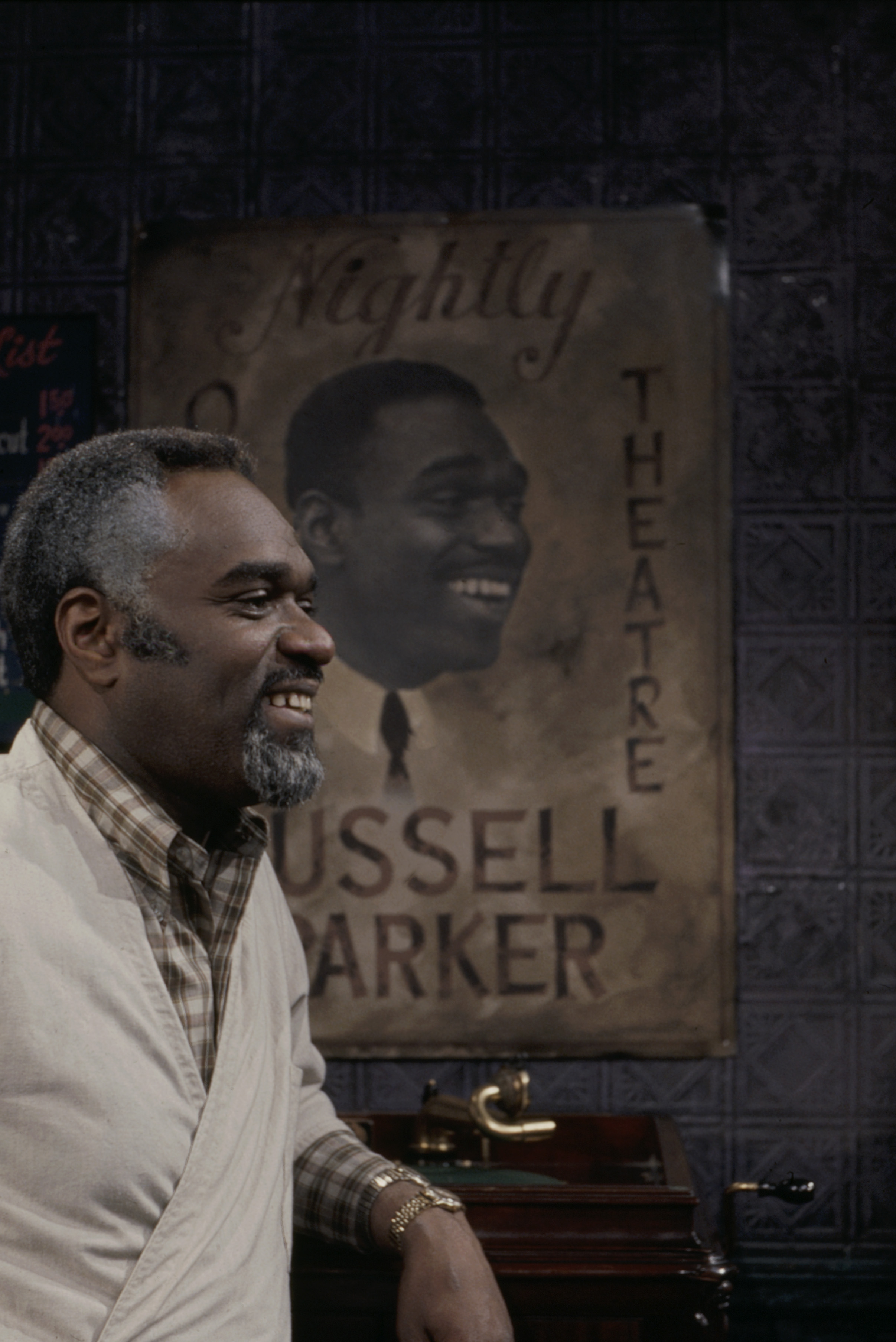
Douglas Turner Ward on the set of "Ceremonies in Dark Old Men," circa 1975. | Source: Getty Images
The Exclusion of a Pulitzer Prize Winner
In 1994, Edward Albee, the celebrated author of "Who's Afraid of Virginia Woolf?" experienced a peculiar dichotomy in his recognition. He was honored as the first American playwright invited to a state dinner at the Clinton White House.
But he found himself unwelcome at the Tony Awards. Albee's acclaimed play "Three Tall Women" won the Pulitzer Prize earlier that year. This marked a big achievement in his long career.
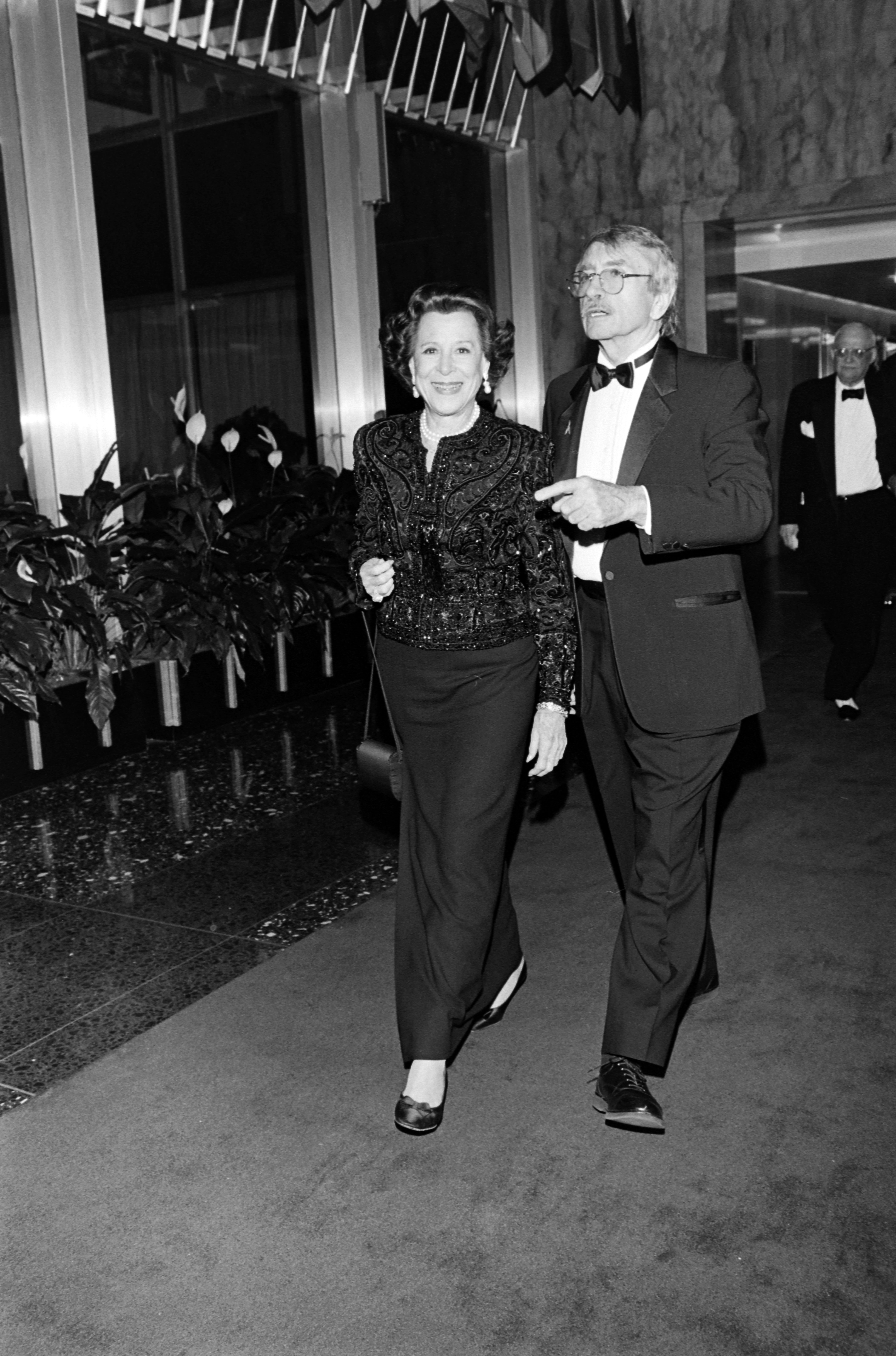
Kitty Carlisle Hart and Edward Albee at a reception for 1994 Kennedy Center Honorees at the headquarters of the U.S. Department of State on December 3, 1994, in Washington, D.C. | Source: Getty Images
However, despite this accolade, the play was ineligible for the Tony Awards that season. This scandal was due to the play's designation as an Off-Broadway production. The awards committee was controlled by theater owners with vested interests.
Furthermore, said committee only considered shows performed at their affiliated Broadway theaters. As a result, Albee's remarkable work went unmentioned during the Tony broadcast on CBS. Excluding "Three Tall Women" highlighted the arbitrary rules for Tony eligibility.

Edward Albee, circa 1994. | Source: Getty Images
Esteemed artists like choreographer Lar Lubovitch and actor Richard Chamberlain also found themselves ineligible. However, less popular productions like "Cyrano" received multiple nominations.
Variety reported that the inconsistency in the nomination process was further exacerbated by some Tony voters. These voters reportedly flagrantly violated balloting regulations, further undermining the awards' credibility.
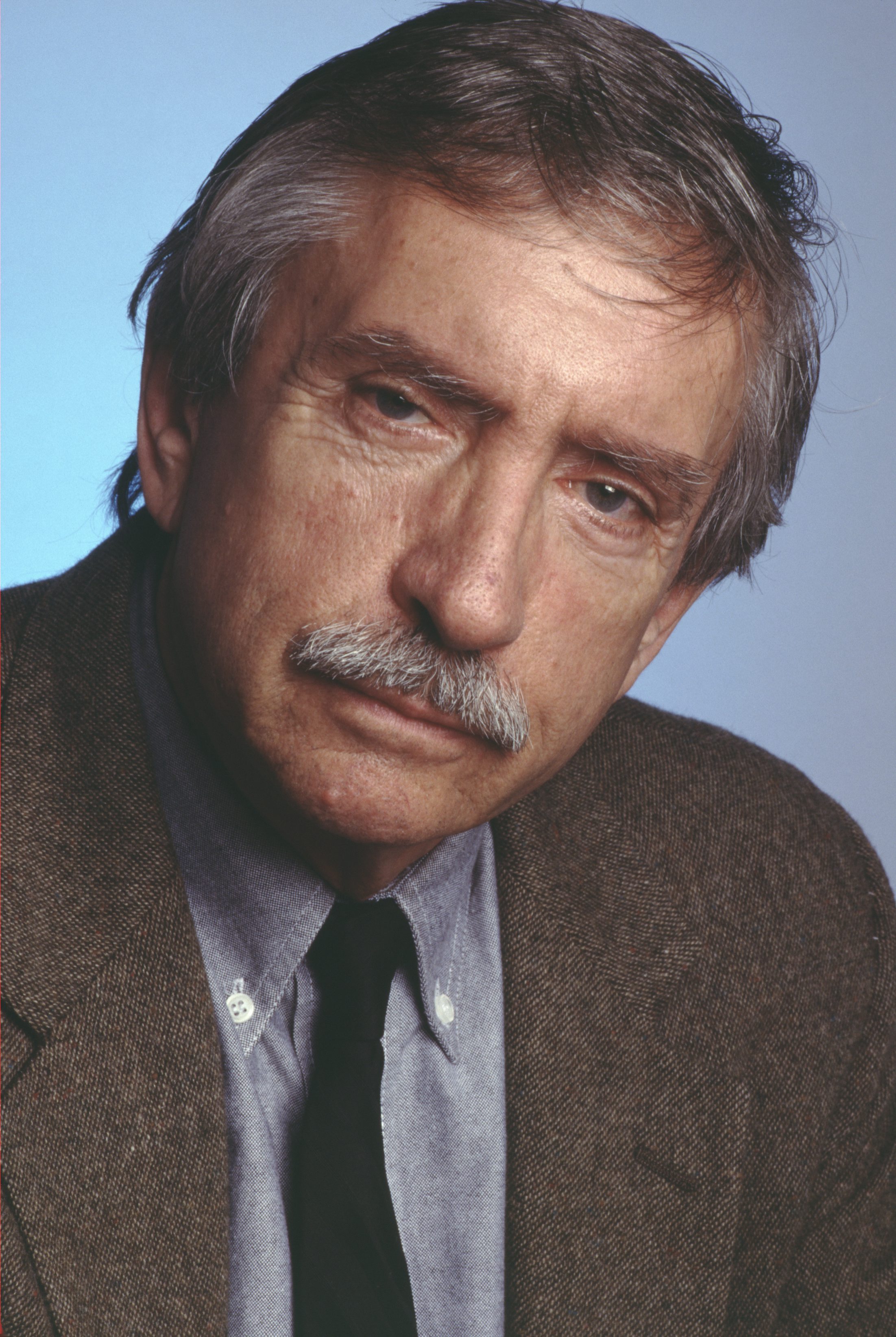
Edward Albee, circa 1995. | Source: Getty Images
The Struggle Against Gendered Performance Categories
In 2023, Justin David Sullivan took a significant stand against the Tony Awards' gendered performance categories. Sullivan is a non-binary actor known for playing a non-binary character in the musical "& Juliet." However, they later found themselves at a crossroads.
This occurred when the Tony Awards Administration Committee released its eligibility determinations. The committee's decisions ended the time for productions to request categories for their performers. Thus, Sullivan had to choose between the actor or actress categories.
"I was told that I had to choose [the category in which] I felt comfortable, and in that process, I struggled a lot. There's nothing more that I want to empower than non-binary people, to show that it's possible to be non-binary on Broadway, [...]" Sullivan told Playbill in part.
"I felt like I couldn't choose. I didn't feel right being in either category because it didn't resonate with me. I decided the only thing that felt right to me would be to abstain from nomination consideration. So I will not be considered for a Tony nomination," they continued.
The Tony Awards is co-presented by The Broadway League and The American Theatre Wing. The organization later released a statement in response to Sullivan's decision.
In the statement, the organization acknowledged the limitations of their acting categories at the time. "We recognize that the current acting categories are not fully inclusive, and we are currently in discussion about how to best adjust them to address this," the statement read.
"Unfortunately, we are still in the process on this and our rules do not allow us to make changes once a season has begun. We are working thoughtfully to ensure that no member of our community feel excluded [on the basis of gender identity] in future seasons (sic)," the statement continued.
This issue of gendered categories is not unique to the Tony Awards. Other prestigious award ceremonies have made great strides toward inclusivity. For instance, the Grammy Awards eliminated gender-specific categories in 2012.
MTV followed suit in 2017 for their Video Music Awards and Movies & TV Awards. Major awards such as the Nobel, Pulitzer, and Man Booker prizes have never been gender-segregated.
However, major acting awards like the Tonys and the Emmys have yet to make similar changes. Asia Kate Dillon is a non-binary actor known for their role in "Billions. They have also called for the Television Academy to eliminate gendered categories from the Emmys.
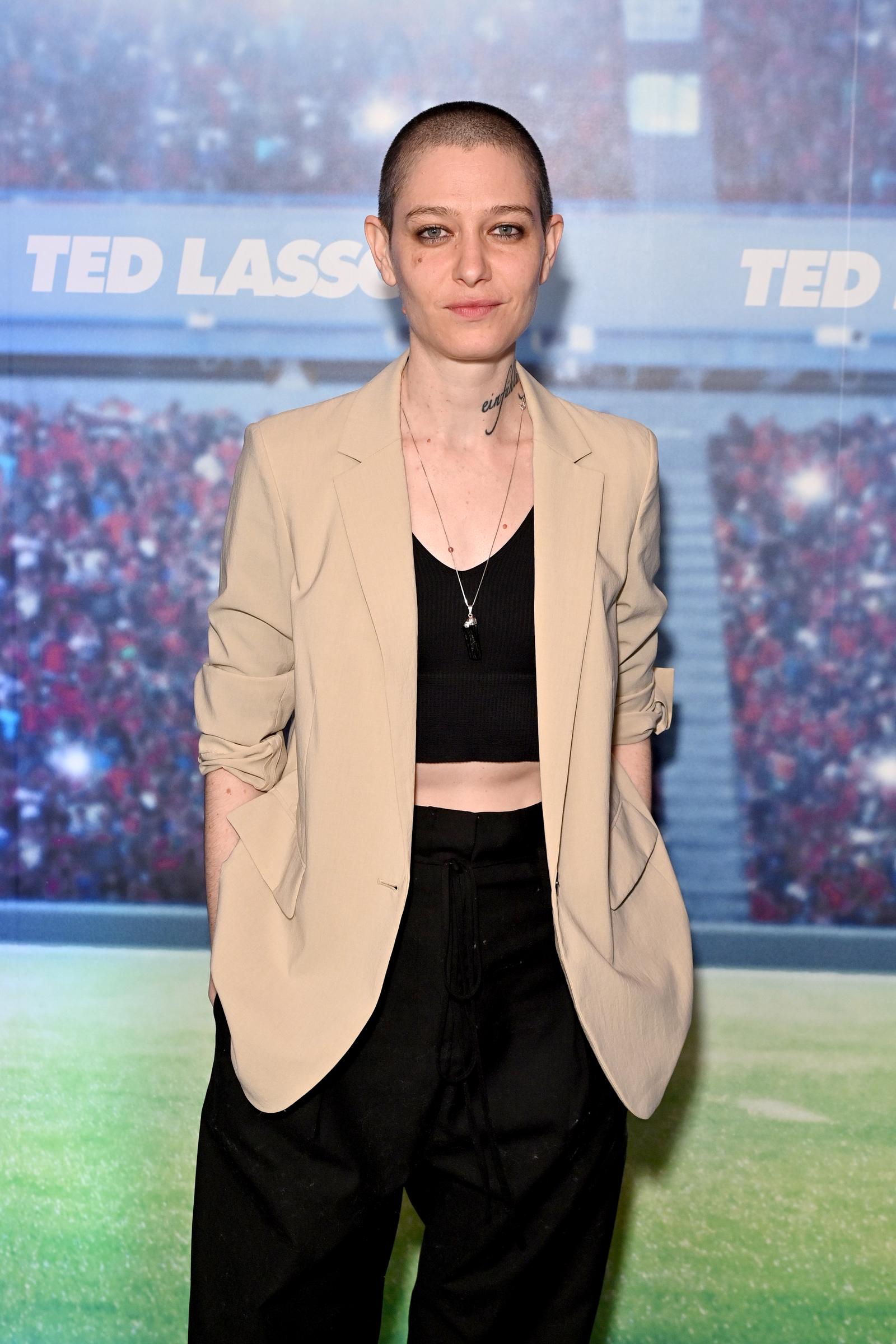
Asia Kate Dillon at the Variety and Apple TV+ season 3 screening of "Ted Lasso" on March 15, 2023, in New York City. | Source: Getty Images
Dillon emphasized the importance of inclusivity in an interview. They said, "I presume no one has asked them directly to make that change, so perhaps this is the right moment."
A spokesman for the Television Academy said the group "celebrates inclusiveness." But, despite these calls for change, they have no plans to remove gendered categories.
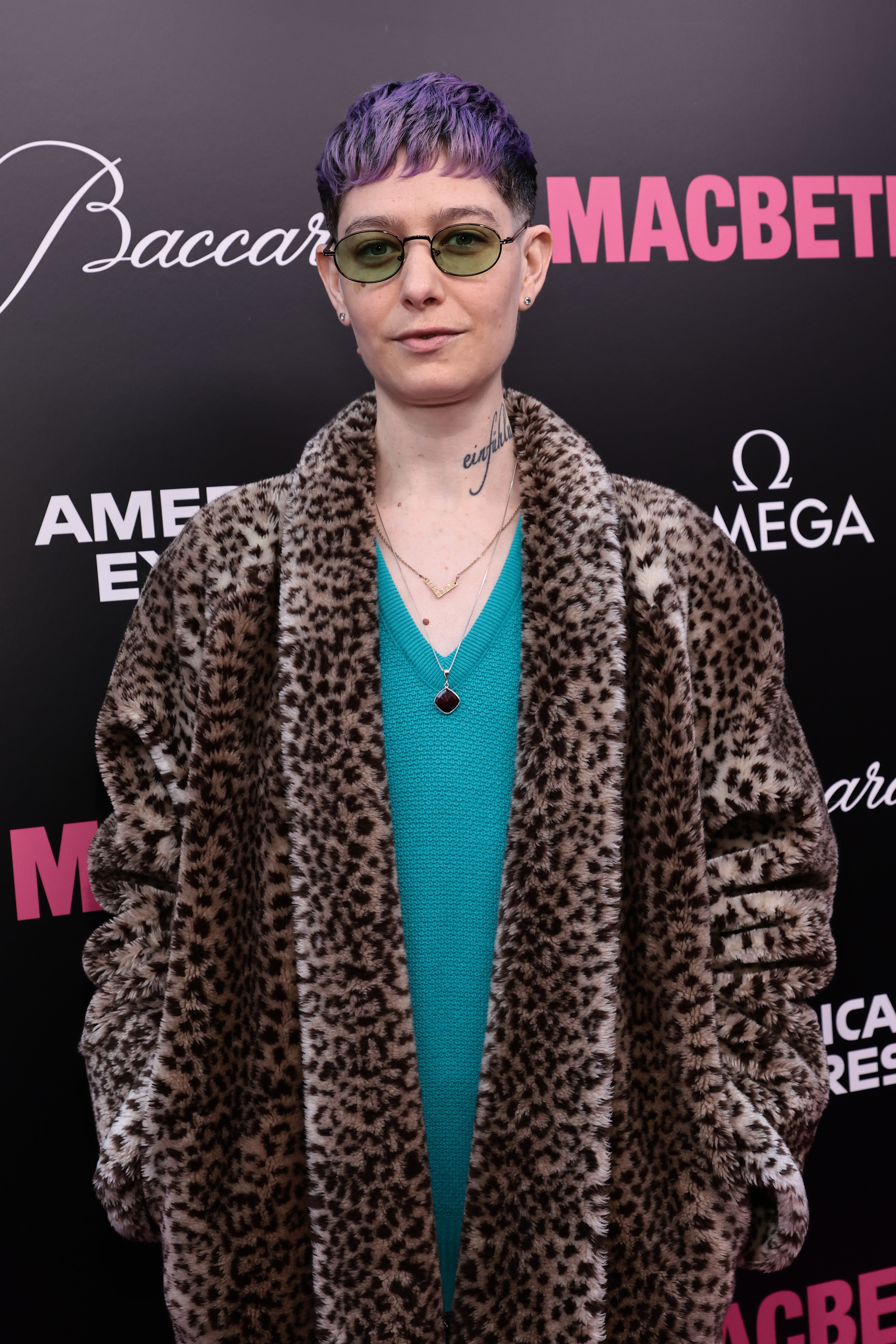
Asia Kate Dillon at the Broadway opening night of "MacBeth" on April 28, 2022, in New York City. | Source: Getty Images
A Stand Against Snubs: Julie Andrews's Bold Rejection
In 1996, Julie Andrews made a name for herself as a renowned star of the musical "Victor/Victoria." However, the actress later made headlines for other reasons.
In May, she announced that she would withdraw from consideration for the Best Actress Tony Award. The news was a dramatic turn of events reminiscent of a classic Broadway melodrama.
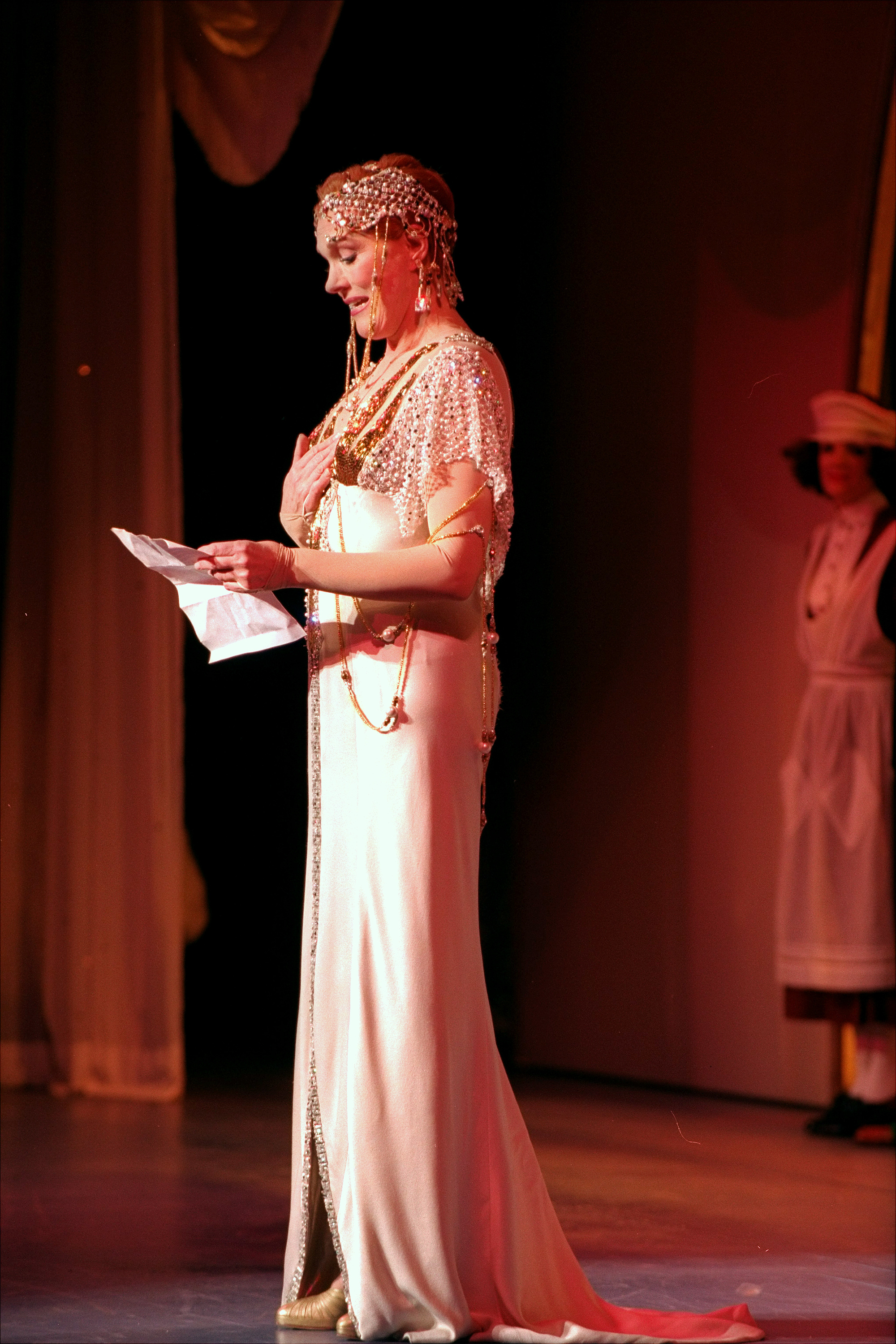
Julie Andrews on stage announcing she would decline the Tony nomination on May 8, 1996. | Source: Getty Images
Andrews's decision was in protest of what she perceived as a humiliating snub, as the musical had received only one nomination—hers. The actress took the stage during a matinee to give her decision. It left the audience astonished.
"I have searched my conscience and my heart and find that I cannot accept this nomination," she declared. Andrews's statement emphasized her solidarity with the cast and creative team who were overlooked by the Tony committee. "I stand instead with the egregiously overlooked," she said.
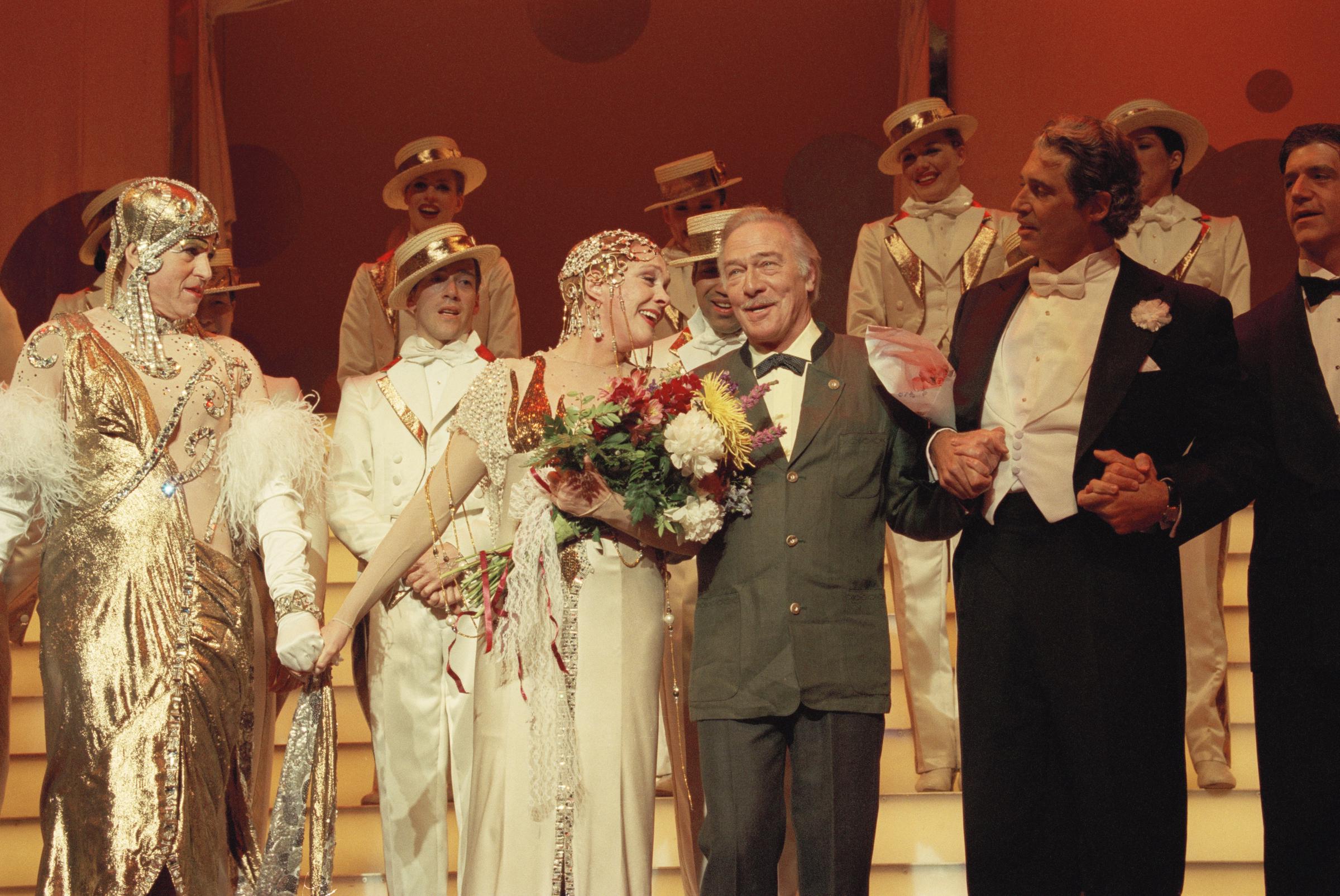
Julie Andrews and her castmates onstage during the actress's final performance in the Broadway musical "Victor/Victoria" on June, 8, 1997, in New York City. | Source: Getty Images
Andrews's frustration was palpable. "Victor/Victoria" was directed by her husband, Blake Edwards. In the play, the actress portrayed a woman who was pretending to be a man who was a female impersonator.
This snub was especially glaring, given the musical's high-profile status. It also had a significant budget of $8.5 million. The Tony committee ignored the show in every other category, including Best Musical.
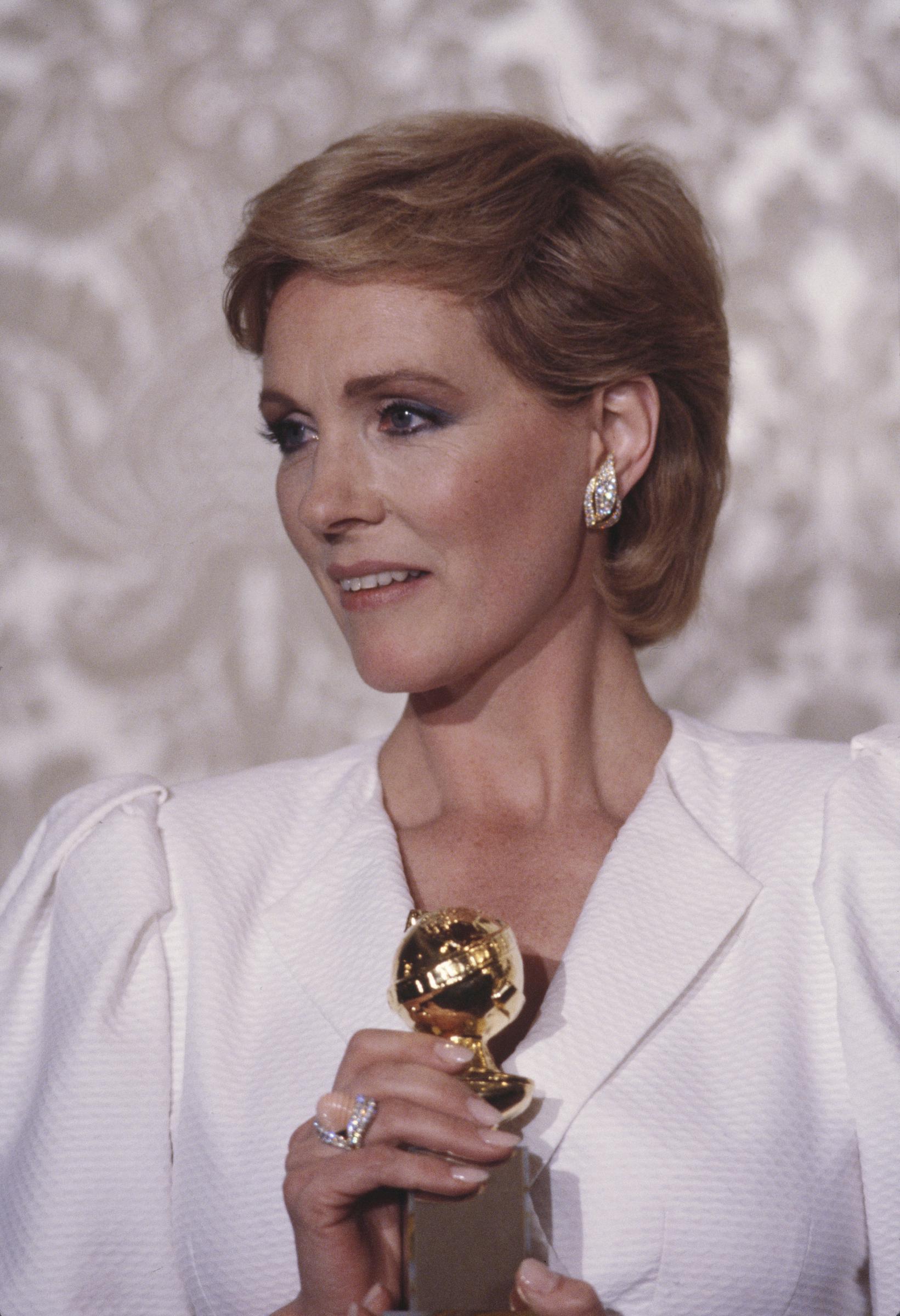
Julie Andrews at the 40th Annual Golden Globe Awards after winning the Best Actress award for "Victor/Victoria," on January 29, 1983, in Beverly Hills, California. | Source: Getty Images
Critically acclaimed productions like "Bring In da Noise, Bring In da Funk" and "Rent" were nominated for Best Musical. However, the award-giving body's decision not to nominate "Victor/Victoria" was particularly shocking.
This was because less celebrated musicals such as "Swinging on a Star" and "Chronicle of a Death Foretold" received nominations. The exclusion of "Victor/Victoria" and the similarly big-budget "Big" from major nominations sparked widespread speculation on Broadway.
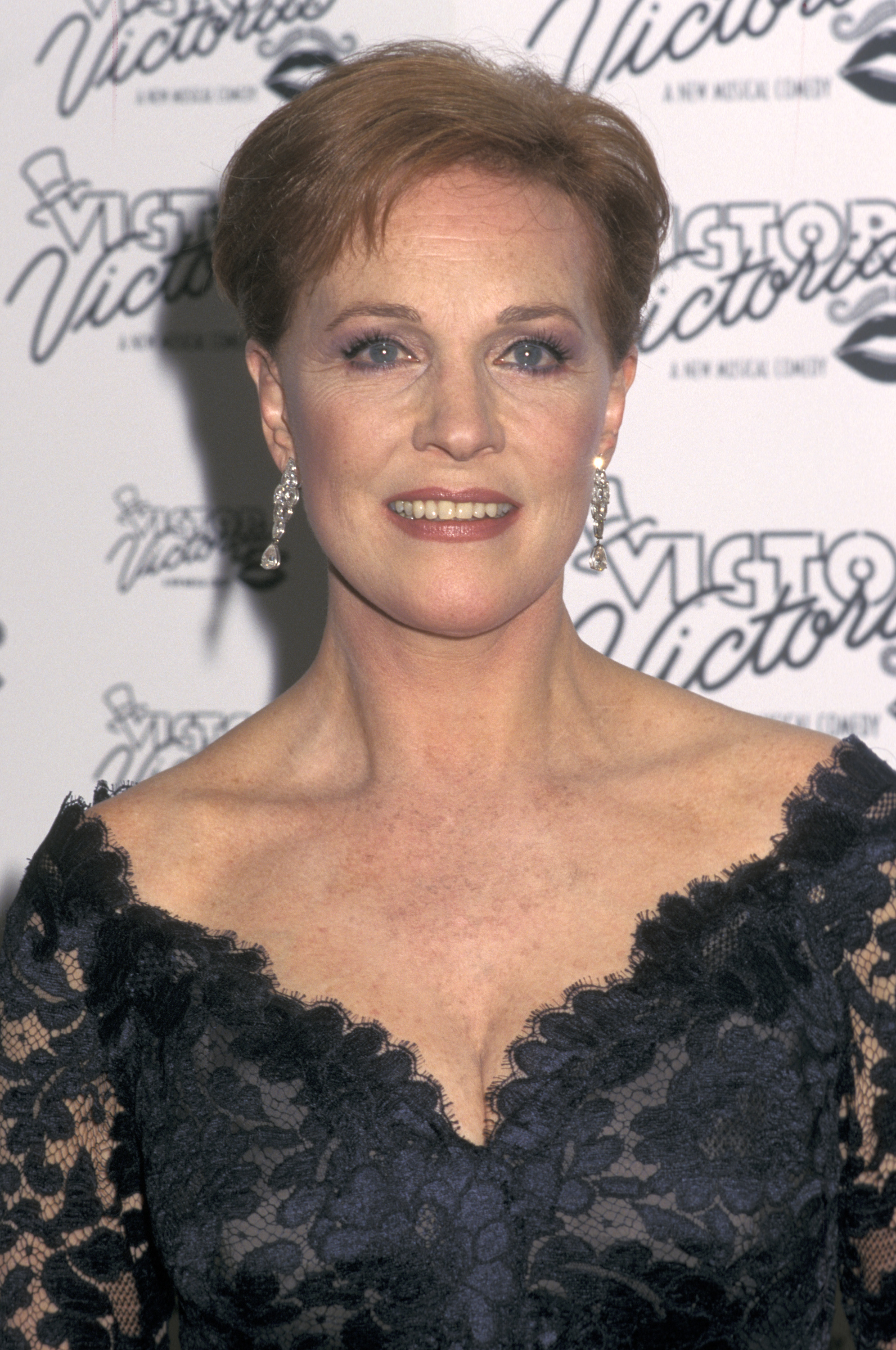
Julie Andrews at the Broadway opening of "Victor/Victoria" on October 25, 1995, in New York City. | Source: Getty Images
Many wondered if the Tony nominators, most of whom were Broadway veterans, were expressing dissatisfaction with traditional musicals. Or perhaps they were simply unimpressed with the quality of these productions.
Despite her public rejection, the Tony Awards committee held a firm stance on keeping Andrews on the ballot. This led to one of the most perplexing crises in awards history. Keith Sherman, a spokesman for the Tony Awards, acknowledged the unprecedented nature of the situation.
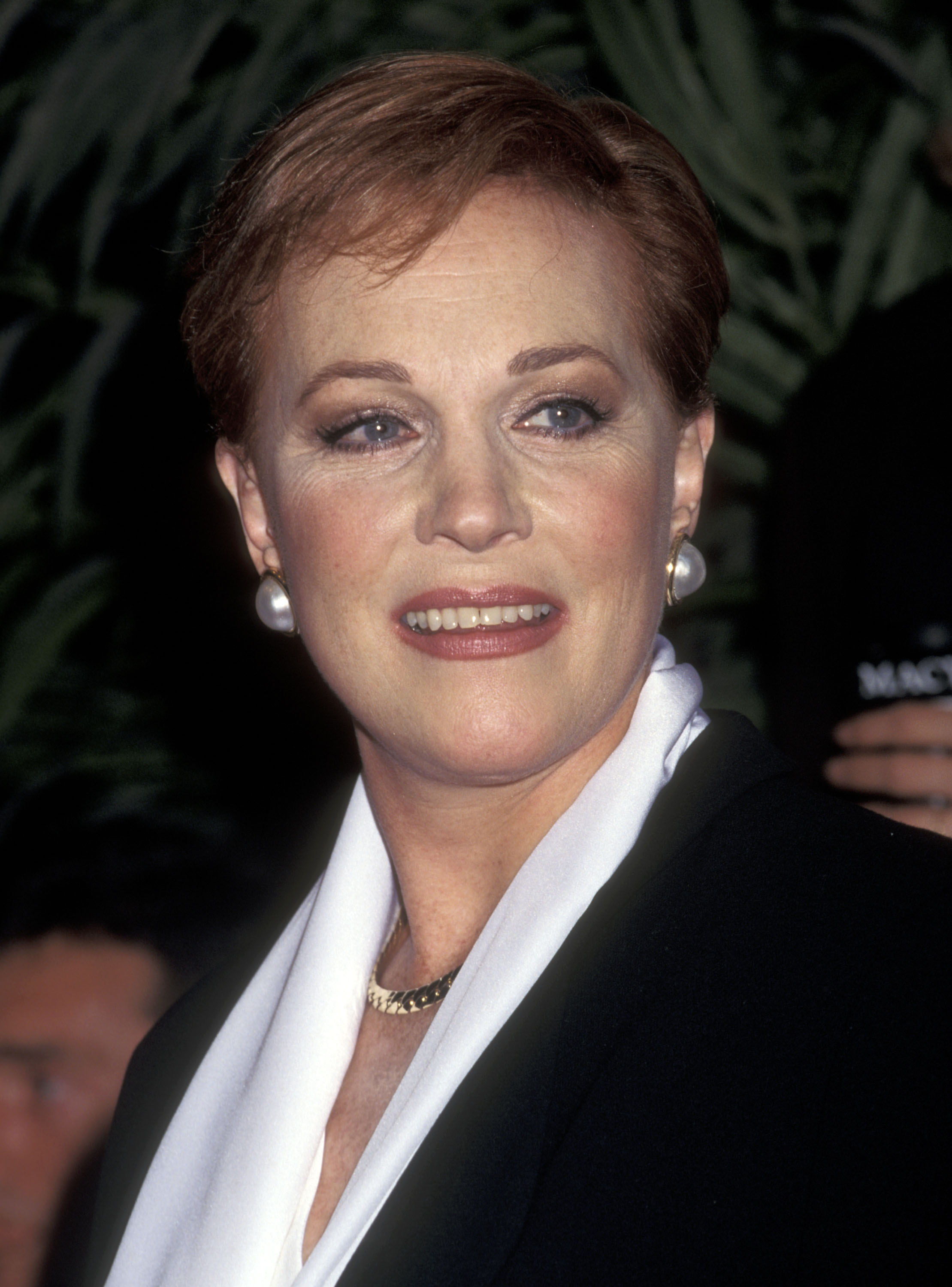
Julie Andrews at Macy's ribbon-cutting ceremony to reveal their "Victor/Victoria" Boutique on September 28, 1995, in New York City. | Source: Getty Images
"It certainly is unprecedented for a star of this magnitude to decline a nomination," he said. Sherman also noted that Andrews would remain on the ballot and could potentially win.
Producers John Scher and Tony Adams supported Andrews's heartfelt protest. The pair affirmed that it was a genuine expression of disappointment after thorough discussions. "Certainly, this wasn't staged to help a show," Scher stated. "It was a very personal statement by Julie."
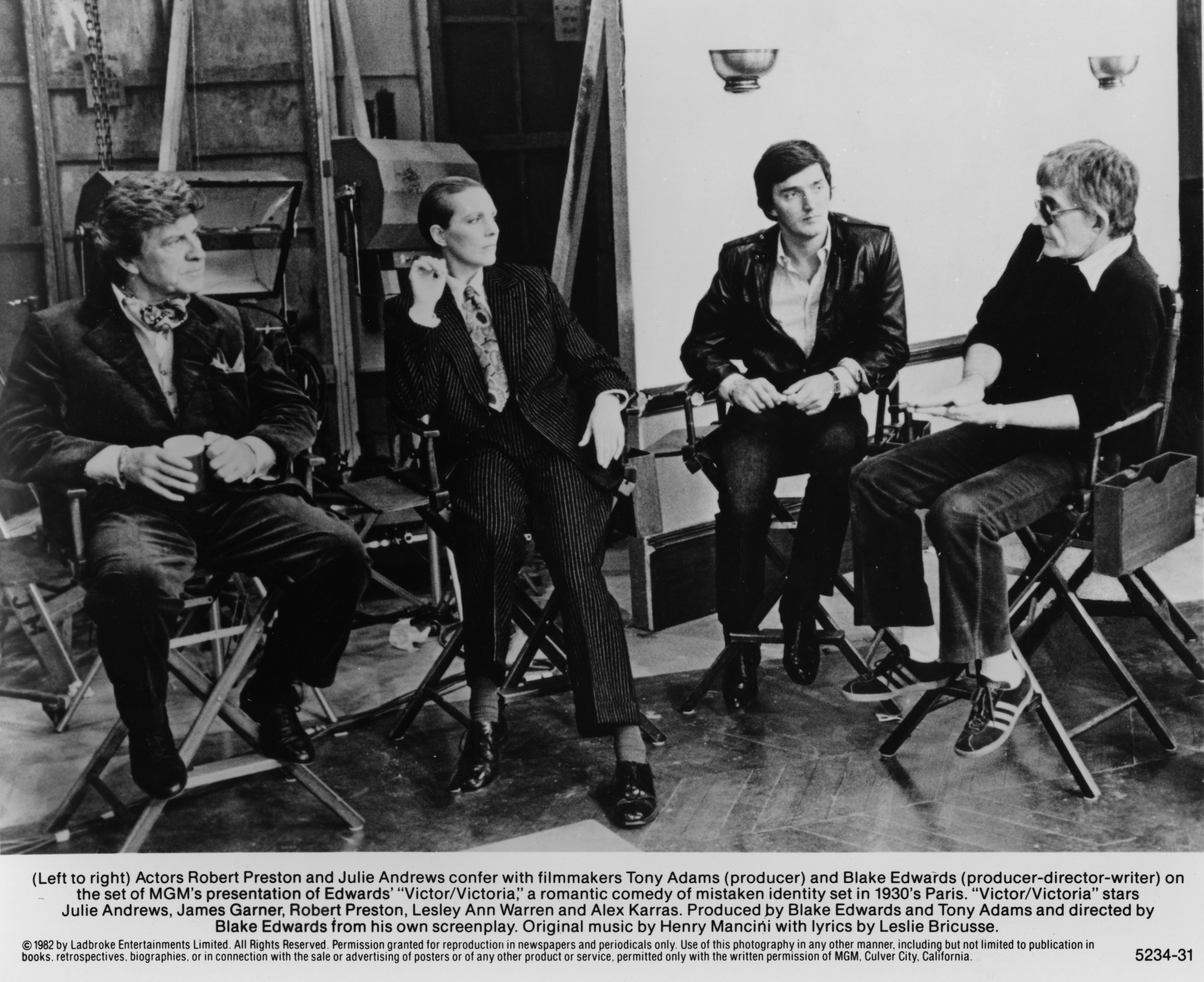
Robert Preston, Julie Andrews, Tony Adams, and Blake Edwards on the set of "Victor/Victoria," circa 1982. | Source: Getty Images
In her final remarks, Andrews emphasized the collaborative spirit of "Victor/Victoria." The actress also expressed her sorrow over the exclusion of her colleagues. Despite her withdrawal, the precise implications of not "accepting" the nomination remained ambiguous.
Producer Tony Adams confirmed Andrews's adamant stance, stating, "She wants no part of this process." Andrews's bold move turned the Tony Awards into a major news story. This highlighted tensions within the theater community and raised questions about the values and decisions of award committees.
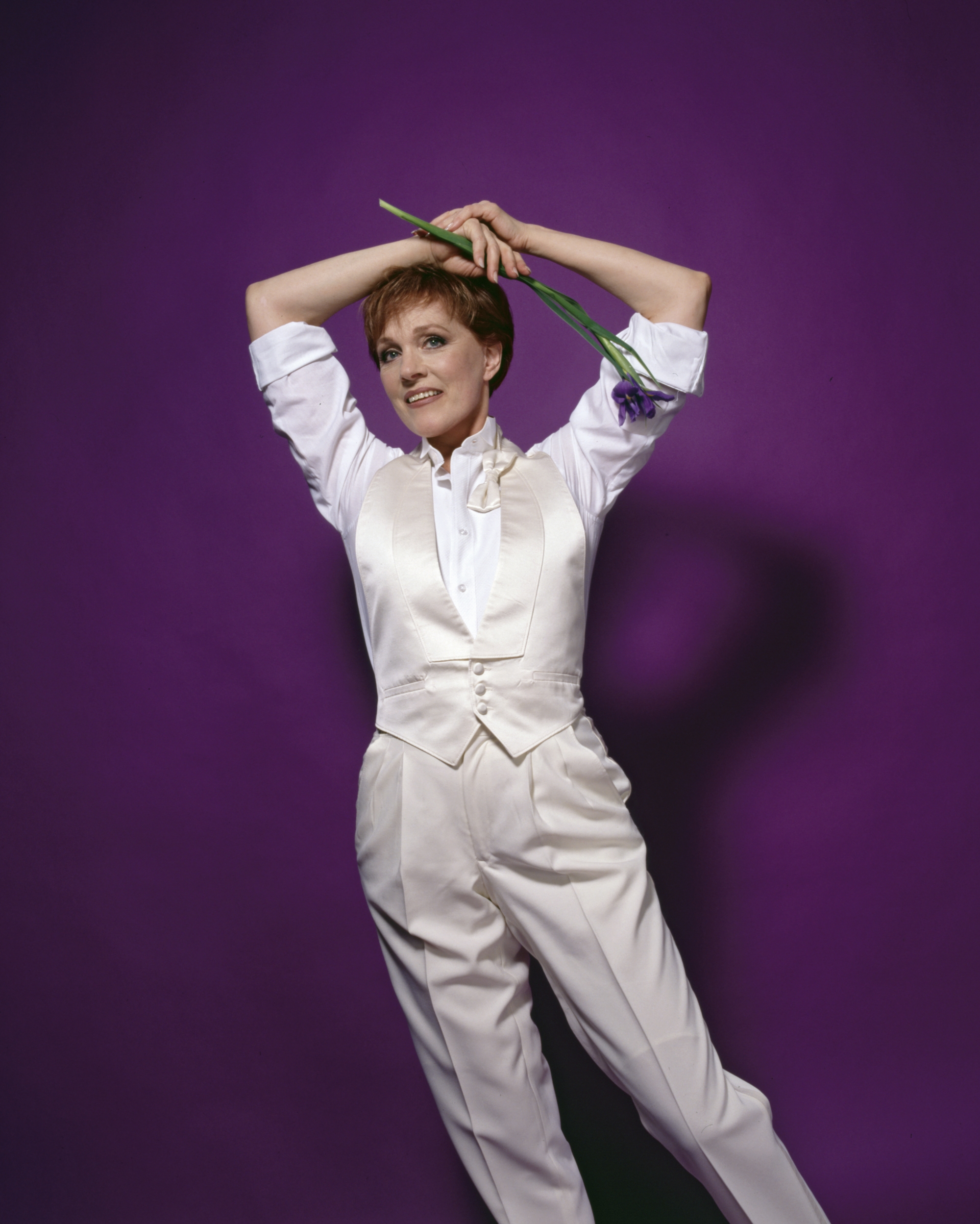
Julie Andrews in costume for "Victor/Victoria" on Broadway, circa 1995. | Source: Getty Images
The Tony Awards have long been a prestigious benchmark in the theater industry, but their history is not without controversy. From Julie Andrews's dramatic withdrawal in 1996 to Justin David Sullivan's modern-day principled stand against gendered categories, these incidents reveal the complex and often contentious nature of the awards.
